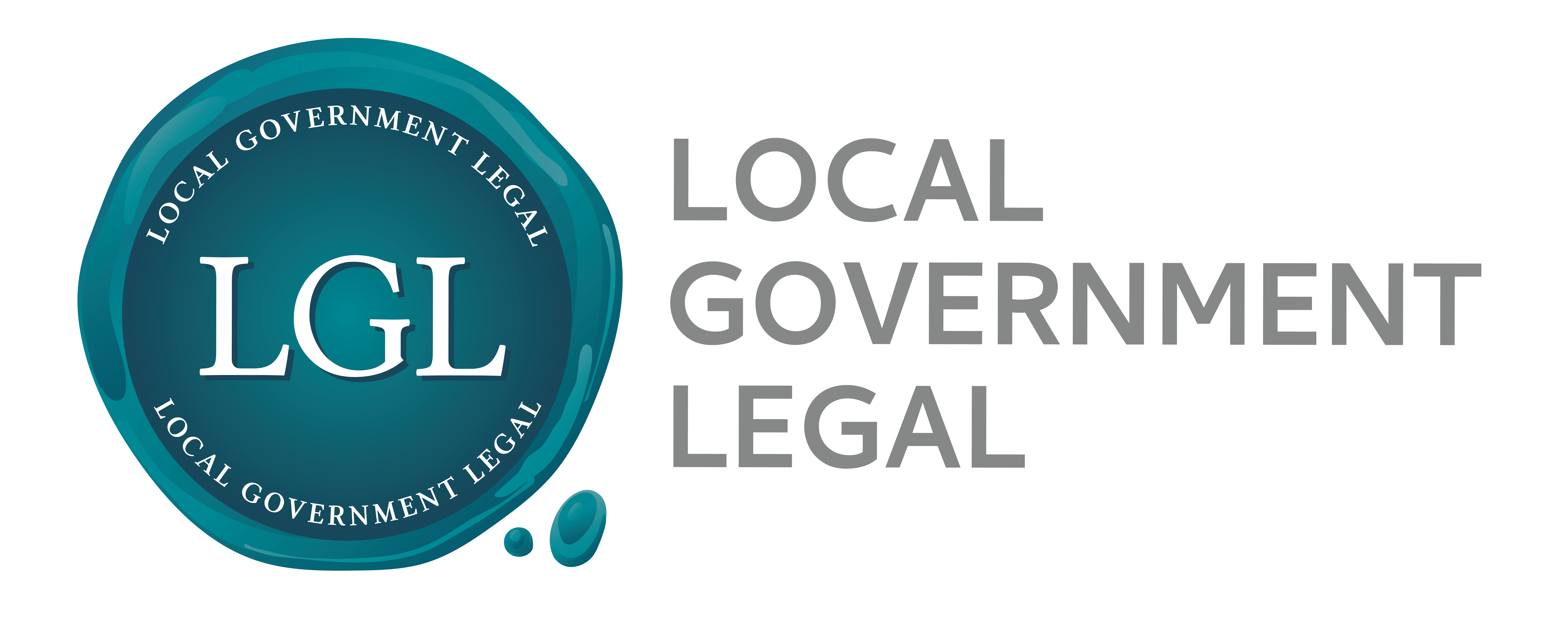The Boarding Houses Act 2012 (Act) commenced on 29 October 2012 which requires information in relation to all boarding houses to be kept in the Register of Boarding Houses. The proprietor of a “registrable boarding house” is required to notify the Commissioner for Fair Trading, Department of Finance and Services, or if no position exists, the Director-General of the Department of Finance and Services (Commissioner) of details about the boarding house within certain time-frames.
Registrable Boarding House
A ‘registrable boarding house’ is defined to mean either:
- a general boarding house, meaning a boarding premises that provides beds for a fee or reward, for use by 5 or more residents (not counting any residents who are proprietors or managers of the premises or their relatives), or
- a regulated assisted boarding house, meaning a boarding premises that provides beds, for a fee or reward, for use by 2 or more residents who are persons with additional needs (not counting any persons with additional needs who reside there with their competent relatives), or any other boarding premises that is declared to be an assisted boarding house, and that is required to be authorised.
The definition of a ‘boarding premises’ is defined to mean “premises (or a complex of premises) that:
(a) are wholly or partly a boarding house, rooming or common lodgings house, hostel or let in lodgings, and
(b) provide boarders or lodgers with a principal place of residence, and
(c) may have shared facilities (such as a communal living room, bathroom, kitchen or laundry) or services that are provided to boarders or lodgers by or on behalf of the proprietor, or both, and
(d) have rooms (some or all of which may have private kitchen and bathroom facilities) that accommodate one or more boarders or lodgers.”
Initial Compliance Investigation
A council is to arrange for an initial compliance investigation to be conducted for each registered boarding house located in its area within 12 months of the house being registered or re-registered or where the recorded proprietor of the house is changed.
An initial compliance investigation is an investigation into whether a registered boarding house complies with requirements imposed by or under the Local Government Act 1993 (“LG Act”) and the Environmental Planning and Assessment Act 1979 (“EP&A Act”) with respect to the use of the boarding house, including (but not limited to):
(a) requirements in relation to building and fire safety, and
(b) relevant standards or requirements for places of shared accommodation for the purposes of Order No 5 (d) in the Table to section 124 of the LG Act.
A council may charge and recover an approved fee under section 608 of the LG Act for the conduct of an initial compliance investigation.
Powers of Entry
The Act allows council officers to enter a registered boarding house, including any part used for residential purposes so long as entry is made at a reasonable hour in the daytime or at any hour during which business is in progress or is usually carried on at the premises, and:
- prior written notice has been given to the proprietor or manager of the boarding house, or
- entry to the premises is made with the consent of the proprietor or manager of the premises, or
- entry to the premises is required because of the existence or reasonable likelihood of a serious risk to health or safety, or
- entry to the premises is required urgently and the case is one in which the general manager of the council has authorised in writing (either generally or in the particular case) entry without notice.
Information Sharing and Enforcement
Some of the information in the Boarding Houses Register must be available online. The Act also makes provision for councils to enter into ‘information sharing arrangements’ with the Commissioner, the Director-General of the Department of Family and Community Services and the Minister Administering the Act.
Councils are not responsible for enforcement under the Act but may be obliged to provide information where it has entered into an information sharing arrangement. Councils may take enforcement action under the LG Act or EP&A Act if a breach of that legislation is revealed as a result of an initial compliance investigation.
Note: This information is not to be relied upon as legal advice.
